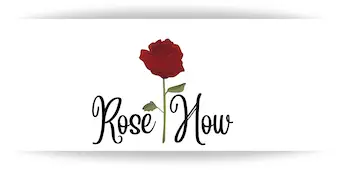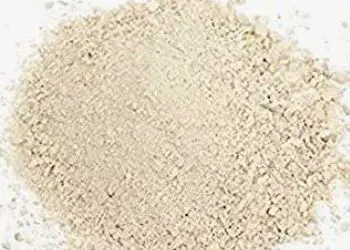I’ve talked extensively about the kind of products and additives we add to our roses, and I’ve quite a few different products and ingredients along my journey to try and get the very best rose blooms! One such product is bone meal, so is bone meal good for roses? that’s what I’m going to answer here.
Here’s the quick summary answer, then we’ll get into more details. So is bone meal good for roses?
Roses love bone meal! Bone meal is an organic source of phosphorus and nitrogen, which are both essential nutrients for roses. Phosphorus is especially important for roses, as it helps them to develop strong roots, while nitrogen helps to promote foliage growth.
But as usual, there are some nuances to this subject, along with some guidelines and do’s and don’ts. So let’s get a little further into the topic.
Is bone meal good for roses?
For a start, bone meal can come in different forms…
There are two different types of bone meal: fast-acting and slow-acting. Fast-acting bone meal will release its nutrients more quickly, while slow-acting bone meal takes longer to break down.
Also, bone meal can be a fine powder, or it can be more coarse like pellets. It’s also available as a liquid bone meal fertilizer. Any of these options should work fine for roses.
Add to this…that there are different types of bone meal processing…
Bone meal processing
There are two processing types of bone meal, steamed and unsteamed. Unsteamed bone meal is made from bones that have been crushed and ground up. Steamed bone meal is made from bones that have been heated.
Both of these types are good for roses. Steamed bone meal is often used as a top dressing, while an unsteamed bone meal is usually mixed into the soil.
The main thing to keep in mind is that bone meal takes a while to break down and become available to the plant. So, if you’re looking for an immediate nutrient boost, bone meal probably isn’t the best option.
You could try my favorite rose treatment instead.
Do roses like bone meal?
The answer is a resounding yes! Roses love bone meal. Bone meal is an organic source of phosphorus and nitrogen, two essential nutrients for roses. Phosphorus is especially important for roses, as it helps them to develop strong roots. Nitrogen helps to promote foliage growth.
Generally speaking, most bone meal products provide an NPK of (mostly) 3-15-0.
Phosphorus is essential for roses for them to bloom and bone meal phosphorus is an easy nutrient for them to absorb. So using bone meal will help your roses to offer up more generous blooms
NPK is essentially the levels of nutrients provided, 3-15-2 means it contains 3% Nitrogen, 15% phosphorus, and 0% potassium.
So it’s primarily a phosphorus-based source of food. That is a lot of phosphorous – and roses thrive on good phosphorous levels.
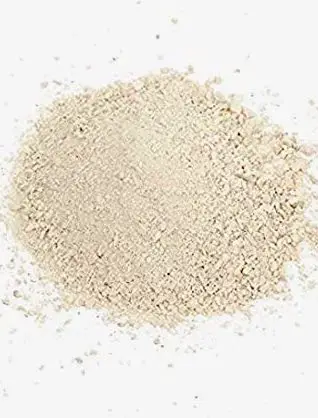
Do I need bone meal for my roses?
According to Colorado state university, bone meal should only be used in soil that is very low in phosphorus.
If the soil is alkaline, bone meal may not be an effective source of phosphorus. In this case, superphosphate might be a better choice.
If you have never added bone meal or any other phosphorus fertilizer to your garden, chances are good that your soil already contains enough phosphorus for roses and other flowering plants.
You can test the level of phosphorus in your garden’s soil with a digital soil test kit or by sending a sample of your garden’s topsoil away for testing.
I’ve added the test kit to my tools and resources page too which may also help.
If your soil is low in phosphorus, bone meal can be an excellent way to add this essential element back into the soil. When used as directed, bone meal will not harm plants or animals and is an eco-friendly way to fertilize your garden.
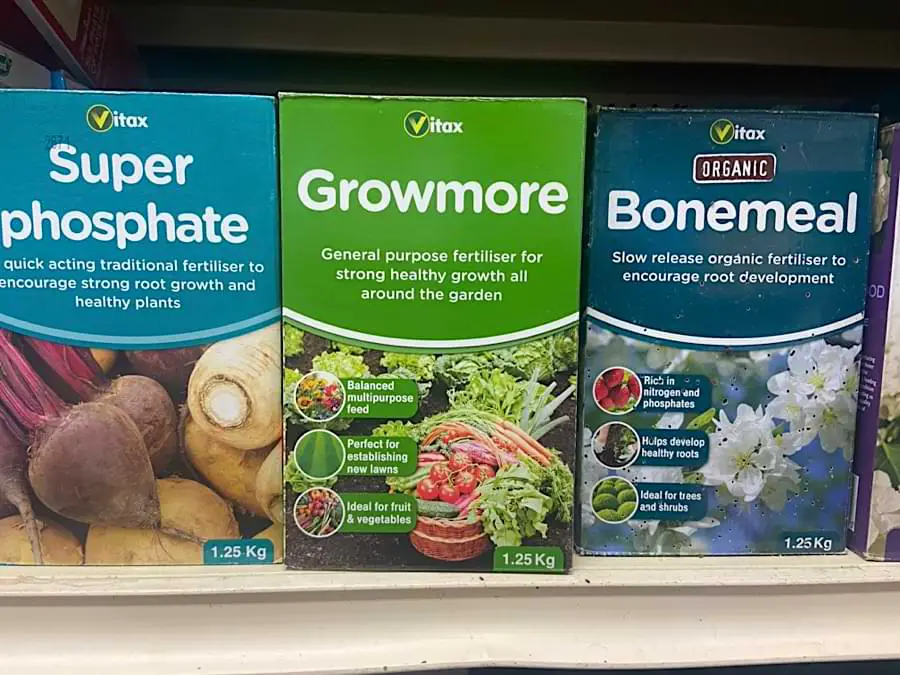
When should I use bone meal for roses?
The best time to use bone meal is in early spring – before the plant’s growing season begins. This gives the bone meal a chance to break down and become available to the plant as it starts to grow.
As soon as you can work the soil then get those nutrients into the ground to start working their magic.
You can apply bone meal roughly once a month during the growing season but stop after a few treatments. Here’s my guide on the best time to plant roses.
You could add bone meal to your roses at other times of the year, but it’s just less effective as later in the season their push for new growth is all but finished.
How much bone meal for roses?
As a general rule, for every 2 square feet of soil, use one tablespoon of bone meal fertilizer. Thoroughly mix the bone meal into the area with a rake, being careful not to harm any plant roots. When planting roses, you can add a little bone meal into the hole before planting. Water the area after applying.
Of course, this can vary, so be sure to read any product instructions before using any on your roses.
How do I use bone meal for roses?
When it comes to using bone meal for roses, the most important thing is to follow the directions on the package. Different products will have different recommendations for how much bone meal to use per plant.
In general, you’ll want to apply bone meal around the base of the plant, taking care not to get any on the leaves or stems. You can either mix it into the soil or sprinkle it on top and then water it in.
First, loosen the soil around the rose bush with a garden fork. You want to loosen the soil to a depth of about 8 inches (20 cm). Then, sprinkle bone meal onto the soil. Gently work the bone meal into the loosened soil with your hands.
Water your roses well after you’ve added bone meal to the soil. If you’re in a hurry, then you can just sprinkle it around the roses and it will still work.
Can you use bone meal alongside other fertilizers?
Bone meal can be used alongside other fertilizers but should be applied at a different time than other fertilizers …since bone meal takes a while to break down in the soil.
Here’s a good general bone meal from burpee to use for your roses. You can get it from amazon.
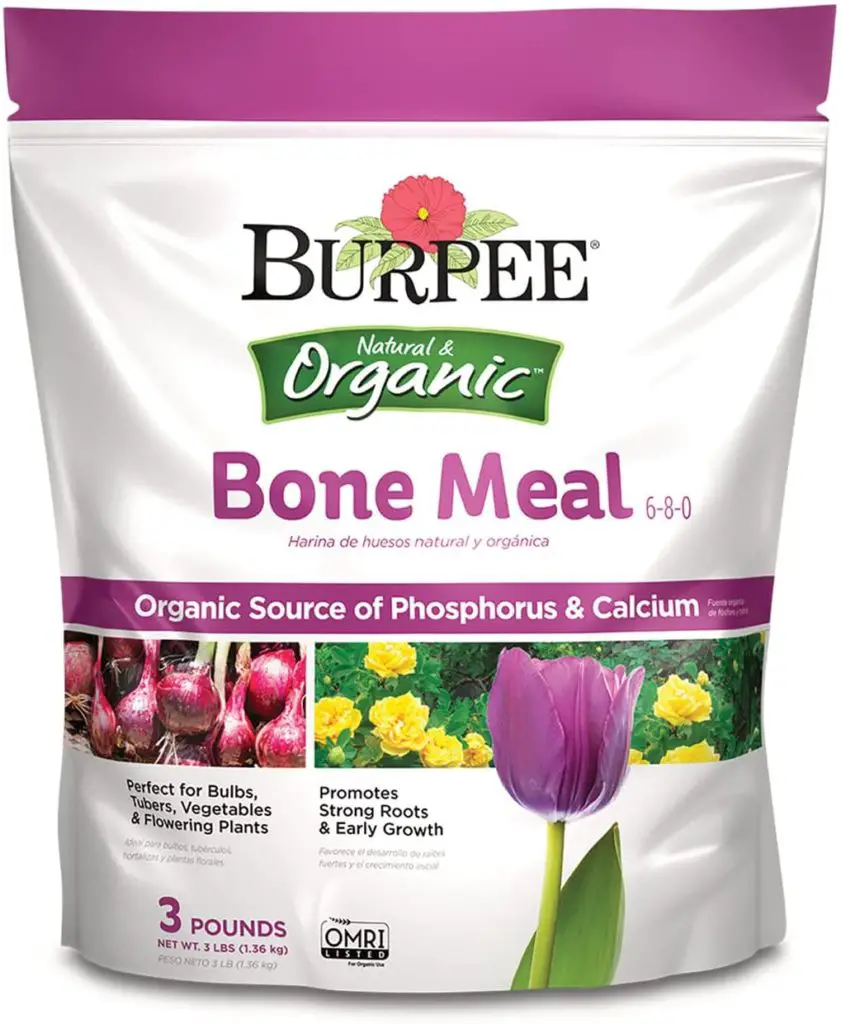
Disadvantages of bone meal
Is bone meal good for roses? Yes, But, there are a couple of potential downsides with bone meal, however.
Bone meal can attract critters like dogs, cats, and rodents who will dig up your rose garden looking for the bone meal.
Another potential disadvantage is that bone meal can burn plants if applied too heavily or too close to the base of the plant. It’s always best to err on the side of caution and apply bone meal sparingly
Also, bone meal should not be used on newly planted roses. Wait until the plant is established before using bone meal or any other fertilizer
Bone meal is slow-release fertilizer and will take time to show results. So is bone meal good for roses? Yes, But just don’t expect bone meal to work miracles overnight
Is fish bone meal good for roses?
Bone meal is made from a variety of bones from animals. All of them are fine to use for roses. One of those is a fish bone meal.
Fish bone meal is an excellent source of phosphorus and nitrogen, two nutrients that roses need to thrive. It also contains other minerals that can be beneficial to roses, such as potassium and calcium. You can also get calcium from egg shells which I wrote about too..
Is blood fish and bone meal good for roses
Yes, blood meal, fish bone meal, and other bone meals are all good for roses. They provide essential nutrients that roses need to grow strong and healthy. Bone meal can be used alongside other fertilizers but should be applied at a different time than other fertilizers …since bone meal takes a while to break down in the soil.
Is bone meal good for knock out roses?
I’ve been talking about roses in general, but I do get asked about knock out® roses. So, is bone meal good for knock out® roses?
Yes, bone meal is a good fertilizer for knock out® roses. It will provide the nutrients that they need to grow strong and healthy. Just be sure to follow the directions on the bone meal package so that you don’t over or under-fertilize your roses.
Is bone meal good for roses ~ More roses help 🌹
I hope this has helped answer the question – is bone meal good for roses …and has given you more confidence in using bone meal around your rose bed.
Check out my tools and resources page, and you might also like to read my other similar articles about what you can add to boost your roses:

Hi, I’m Michael. My passion for roses was sparked a few years ago after visiting a dedicated community rose garden. So Rosehow.com represents my take, my learnings, and my help for anyone looking to grow, be proud of, and harvest roses.
